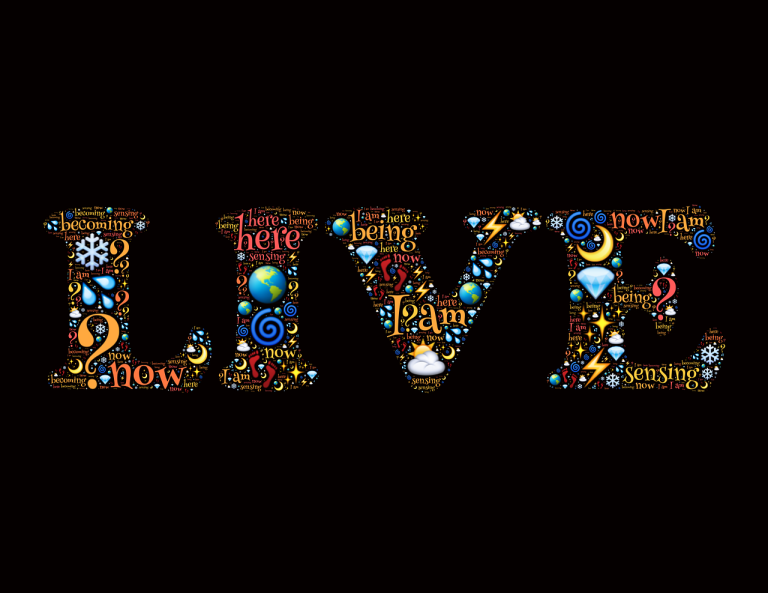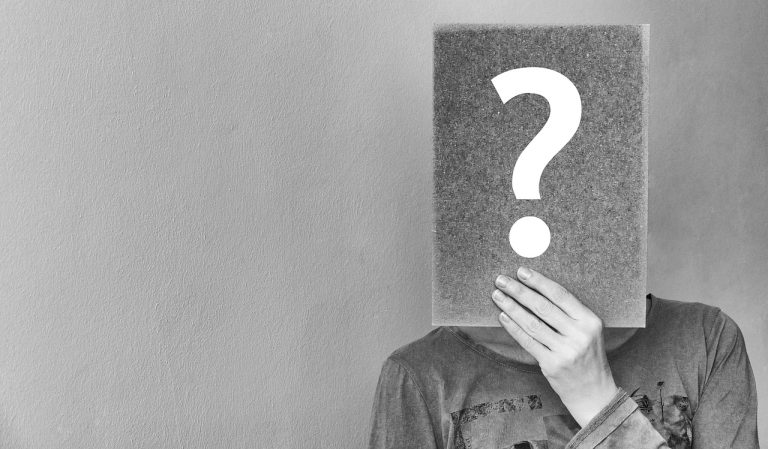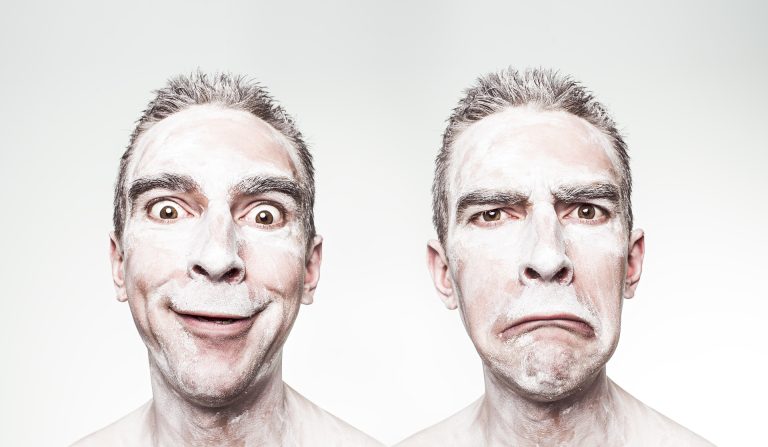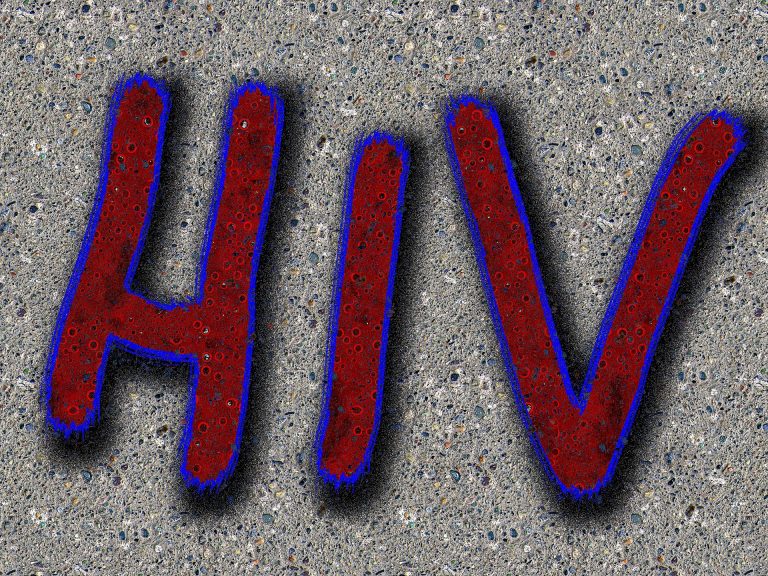This is one illness that is very good at confusing the enemy. You and you doctors are the enemy here. Less than 3% of the world’s population live with bipolar, most of them never knew they had it until diagnosed with it by a specialist.
We know that bipolar is common in children and teens yet most sufferers are only diagnosed in adulthood – often over 10 years after the first symptoms show their ugly face. I was diagnosed at 29. That’s well over the 10 year average. The longer it takes to diagnose and get treated the worse the condition becomes and affects your life.
So no many people, most in fact, do not know they are bipolar.
Bipolar masquerades as other mental illnesses. That’s the nature of this beast. Generally someone with bipolar will be diagnosed with something else first. And something else after that. And yet something more after that. Over years of misdiagnosis it was only when an entire history was taken by a specialist that the puzzle pieces came together in my case.
Commonly bipolar depression is misdiagnosed as major depression, sometimes acute. I can’t count on both hands how often I visited a doctor and was sent home with Prozac (or similar – usually Urbanol, a South African favorite…) and that was that. And the depression went away.
ADHD is also a common misdiagnosis. I’m still convinced I have ADHD for real, but my countless AD(H)D diagnoses really confused my brain and prolonged finally being diagnosed with bipolar.
All this makes sense though since Mania looks a lot like ADD: rapid speech, erratic thoughts, easily distracted, irritable etc. And depression looks a lot like bipolar depression: withdrawal from society, a sever lack of energy and fatigue, lack of interest in once interesting things.
The oscillation between looking like ADD and depression was sufficient enough to miss the correct diagnosis. And why do I know it is correct this time? Because treatment works. And it works well.
It’s difficult for some people to accept a bipolar diagnosis. I can speculate why, but that for another day. The reality is that, “the truth will set you free”. Knowing what’s the cause of your trouble allows you to take appropriate action to mitigate it and improve the quality of your life.
So, do bipolar people know they have bipolar? No. All people need to open to being diagnosed with it and should be sure to get the advice of a trained professional, usually a psychiatrist, to be diagnosed.
“Knowledge, is power.”
Image by Michael Bußmann from Pixabay




